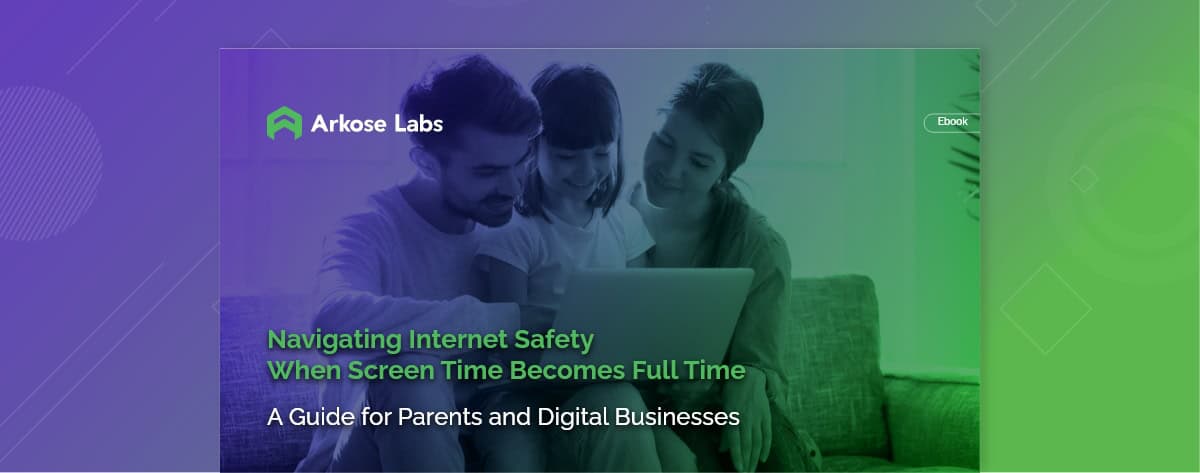Children are spending more time online than ever before, and it’s having a profound effect. On average, children are spending more than 4 hours online, every day. This jump in screen time is a growing cause of concern for parents who want to limit the time their children spend online. More than 90% of the parents who participated in our study—Navigating Internet Safety When Screen Time Becomes Full Time—believed that increased online usage is not benefitting their children in any way. They are, however, struggling to find alternative offline activities that their children can engage themselves in.
Surprisingly, more than half of the children surveyed were also concerned about the increasing screen time and would like to spend less time online—a signal we could be reaching a tipping point. This unexpected finding is a reversal from our last year's study, where kids had to be practically dragged away from their digital devices. An increased screen time has led children to feel they are living their 'whole' lives online. However, as much as they would like to reduce the time spent online, they fear disconnecting from it.
Familiarity doesn't guarantee safety
The tech-savvy, younger generation is more familiar with and comfortable using digital channels as compared to their parents. This is due to the ability to access the internet from an early age. Our study finds that today kids begin accessing the internet at an average age of 5 years, while their parents, on average, were 17 years when they first accessed the internet.
That said, this familiarity with the internet can desensitize kids to recognizing possible scams, fraud, and other online hazards due to an artificial sense of safety online. 65% of the young people we surveyed said they had never felt unsafe online—however, it is unlikely they would always recognize such instances. With increased screen time and children engaging in more activities online, their risk of exposure to various types of cyber threats multiplies many times over. It also opens up multiple attack points for fraudsters to attack through.
As 71% of the parents worry about the personal information of their children being captured online, 33% of the parents believe that their children are more aware of cybersecurity due to an increase in the time spent online. The good news also is that children are becoming increasingly savvy (42% respondents) about internet safety. However, there is still a significant concern among parents (66% respondents) who would like more resources to be available that can help protect their children online.
We also connected with some of the children via video conferencing to hear their thoughts on this. You can view the summary video here.
Increased screen time has led to burnout
Our study examines the online habits and cybersecurity knowledge of 129 children ages 6 through 17, as well as 56 parents, from across the globe. When we set out to conduct this study, we aimed to gather insights about kids and cybersecurity, fraud, sharing of personal information, and the need for increased security measures.
In addition to gaining these insights, we have also learned something through this study that we were not really expecting! The spike in the time children have been spending online over the past year—for both school and downtime—has led to burnout. The initial novelty of using digital means for daily life activities has worn off, as they are now eager to 'disconnect' and get started with the normal, offline life. These same children who used to eagerly look forward to spending time online now wish to put down their devices and enjoy offline activities.
The findings from our study provide invaluable insights into a demographic that’s experiencing increased screen time and spending a significant amount of time on online activities; and is, therefore, at the greatest risk. These findings are a timely reminder, for parents and children, of the need to instill better cybersecurity habits at a young age as well as for businesses to ensure that their digital platforms are safe and secure for all users.
To read more revealing insights and actionable steps, please download your copy of the eBook ‘Navigating Internet Safety When Screen Time Becomes Full Time' now.

